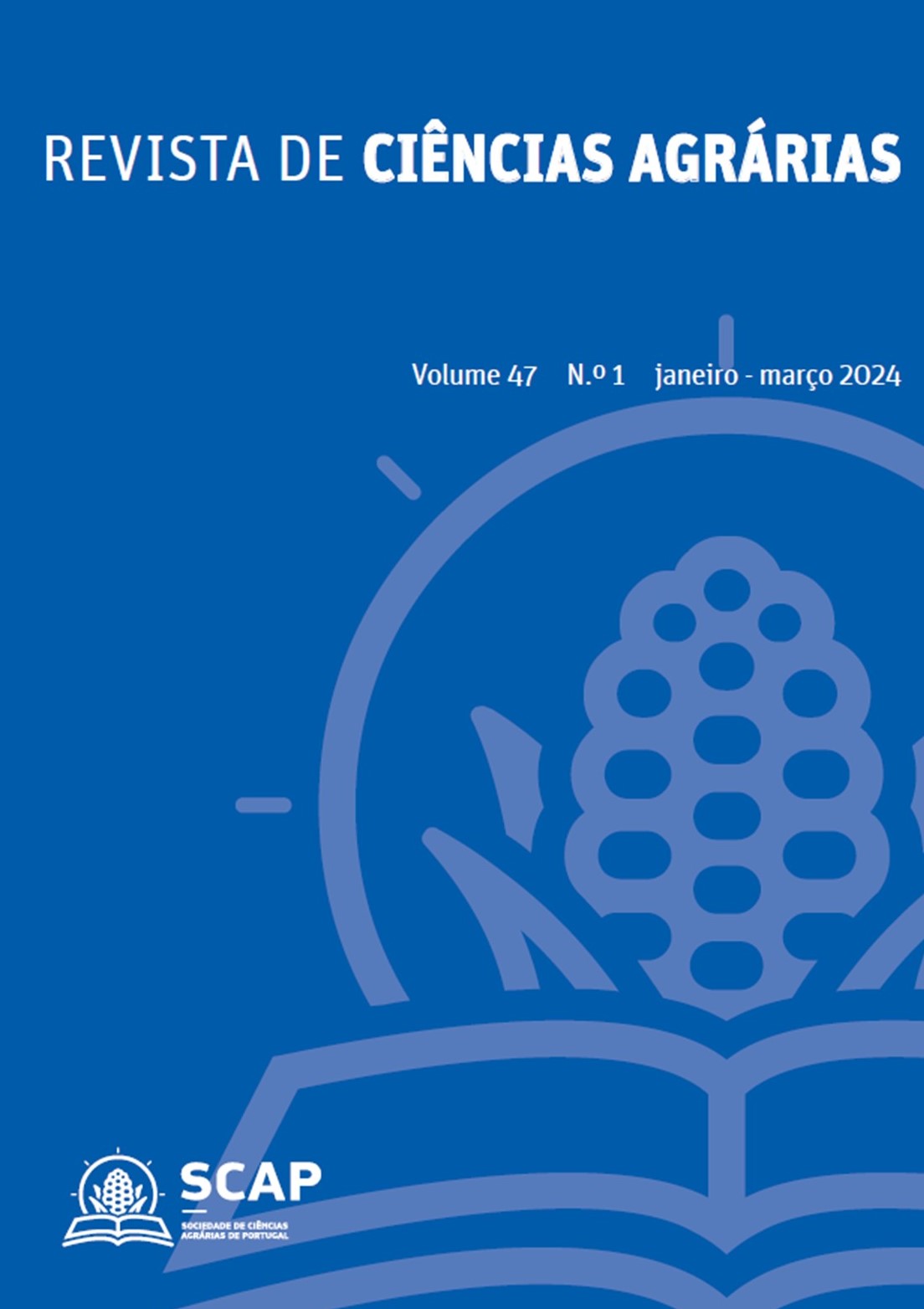Genotyping of the HIS1 gene in wild rice varieties from Extremadura
DOI:
https://doi.org/10.19084/rca.34992Abstract
Benzobicyclon is an herbicide belonging to the group of HPPD enzyme inhibitors (group 27), a new mode of action among those currently used for rice cultivation in the EU. The HPPD Inhibitor Sensitive 1 (HIS1) gene is responsible for tolerance in rice. Sensitivity to benzobicyclon in certain rice cultivars is mainly due to different mutations that can cause loss of function of this gene (his1 allele). Wild rice is a problematic weed in rice cultivation, the control of which currently depends largely on the use of herbicide-resistant rice varieties. Previous studies in U.S. rice growing areas have shown that benzobicyclon has some potential to be a complementary piece of the wild rice control program, with its effectiveness depending largely on the frequency of HIS1/his1 alleles in the accession. The objective of this study was to evaluate the response to benzobicyclon in different wild rice accessions in Extremadura, genotyping the HIS1 gene to detect the presence of different changes in this gene related to herbicide sensitivity (presence of his1 allele). Of the 30 accessions evaluated, 1 of them showed the T1510G mutation, 4 showed the his1/his1 genotype and 2 the HIS1/his1 genotype. Therefore, in general, benzobicyclon should not be expected to provide acceptable control of wild rice, but based on our results, benzobicyclon may provide some degree of suppression in plants, providing complementary control to those currently used. Further studies need to be conducted, including a larger number of accessions.


